Installation environment selection
1. Stay away from devices with strong electromagnetic fields. Such as large motor, large transformer, large frequency conversion equipment.
2. The installation site should not have strong vibration, and the ambient temperature does not change much.
3. Convenient for installation and maintenance.
Selection of installation location
1. The flow direction mark on the sensor must be consistent with the flow direction of the measured medium in the pipeline.
2. The installation position must ensure that the measuring tube is always filled with the measured medium.
3. Select the place where the fluid flow pulse is small, that is, it should be far away from the water pump and local resistance parts (valves, elbows, etc.)
4. When measuring the two-phase fluid, choose the place which is not easy to cause phase separation.
5. Avoid installation in the area with negative pressure in the tube.
6. When the measured medium easily causes the electrode and the inner wall of the measuring tube to adhere to and scale, it is recommended that the flow rate in the measuring tube be no less than 2m/s. At this time, a tapered tube slightly smaller than the process tube can be used. In order to clean the electrode and measuring tube without interrupting the flow in the process tube, the sensor can be installed in parallel with a cleaning port.
Upstream straight pipe section requirements
The requirements of the sensor on the upstream straight pipe section are shown in the table. When the diameters of the upstream and downstream straight pipe sections are inconsistent with those of the electromagnetic cold water meter, the tapered pipe or the tapered pipe should be installed, and its conical Angle should be less than 15° (7° -8 ° is preferred) and then connected with the pipe.
Upstream resistance
components |
.jpg)
Note: L is straight pipe length |
.jpg) |
.jpg) |
| Straight pipe requirements |
L=0D can be considered as a
straight pipe section |
L≥5D |
L≥10D |
Note :(L is the length of straight pipe section, D is the nominal diameter of sensor)

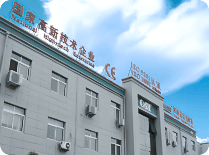

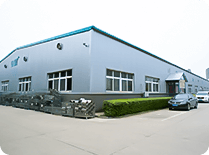

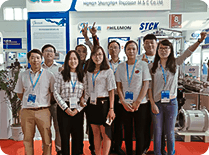
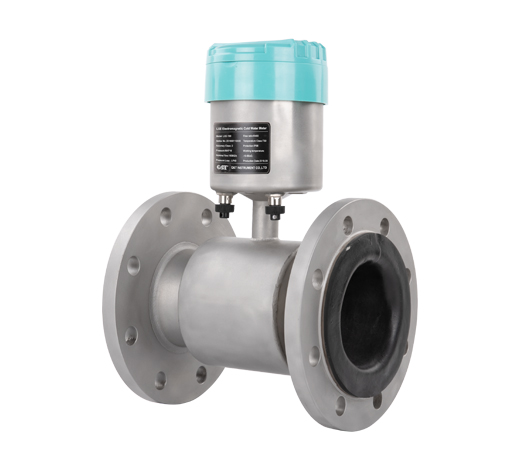
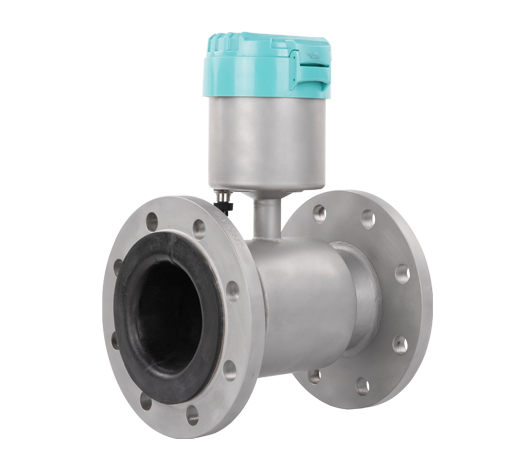
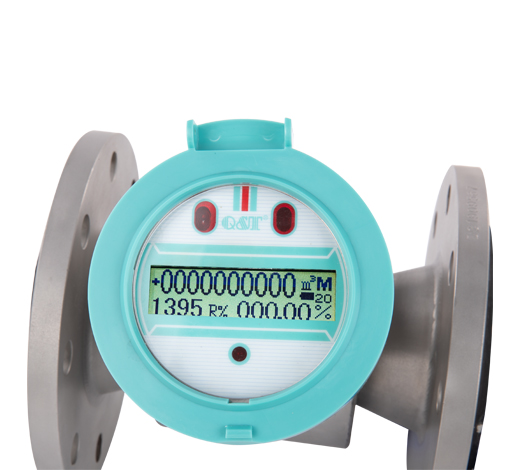
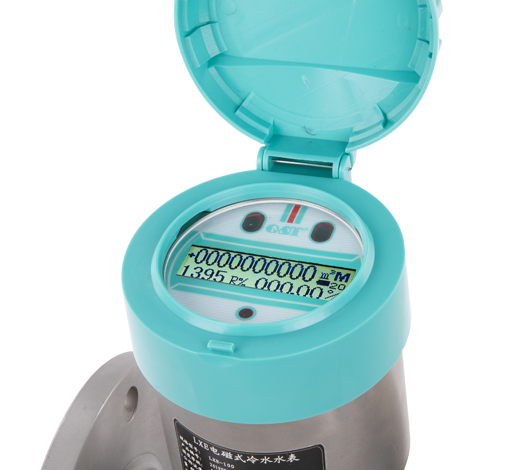

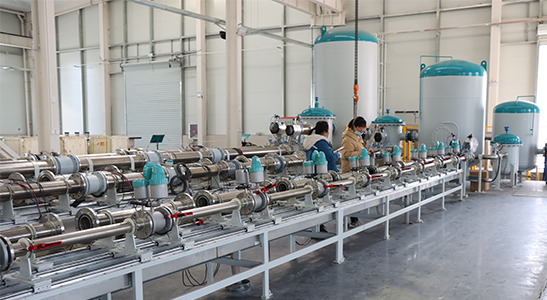

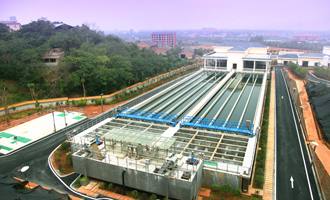

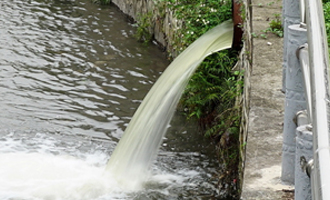
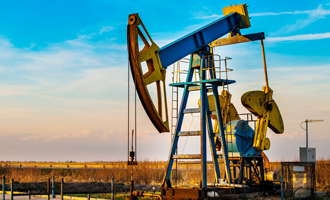

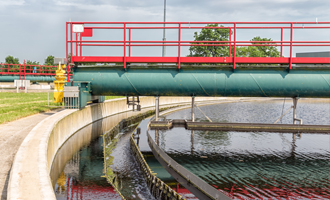

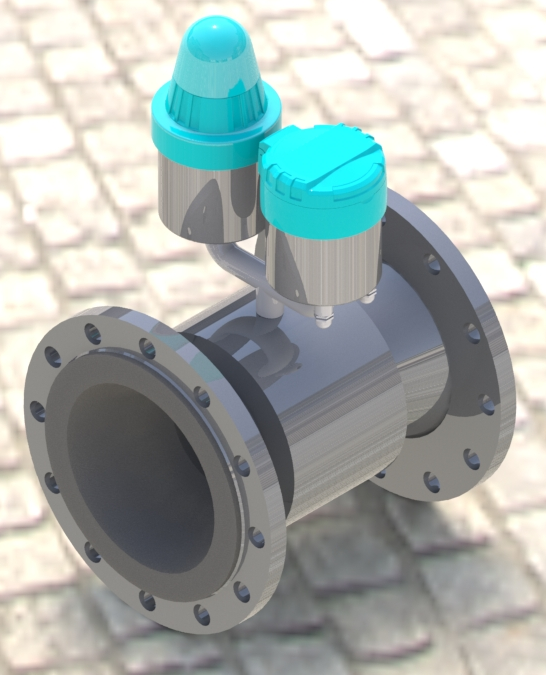
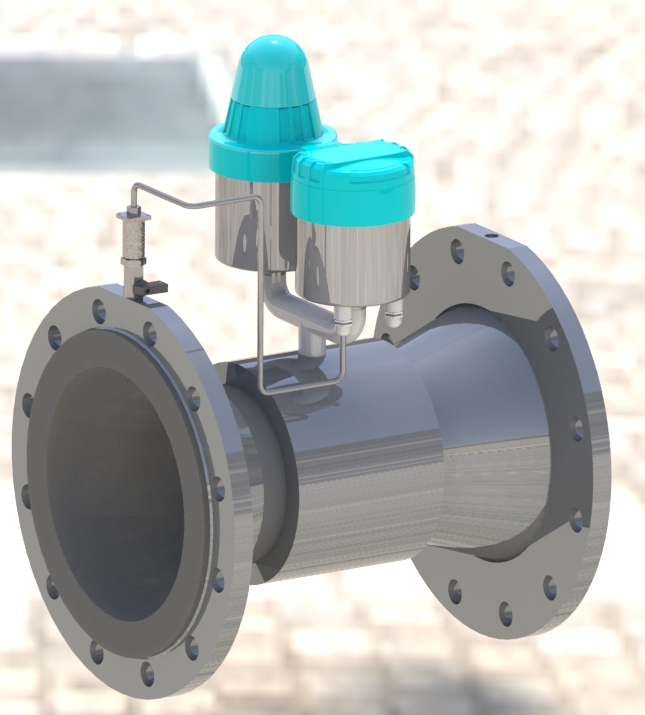
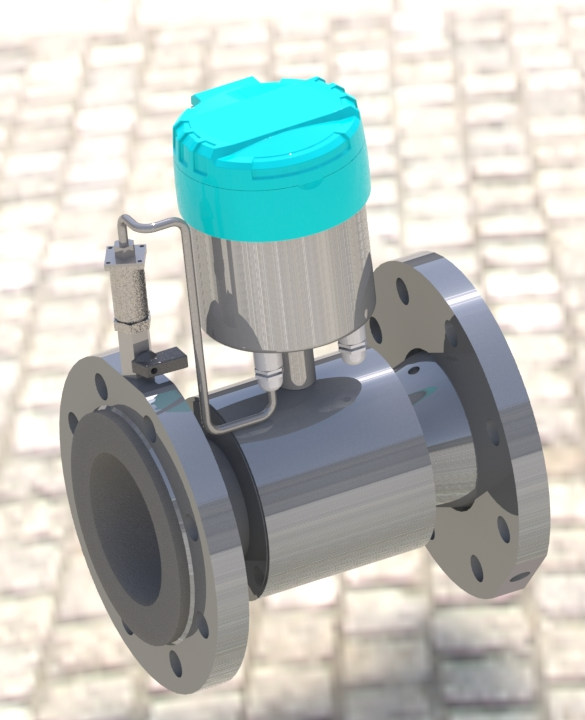
.jpg)
.jpg)
.jpg)